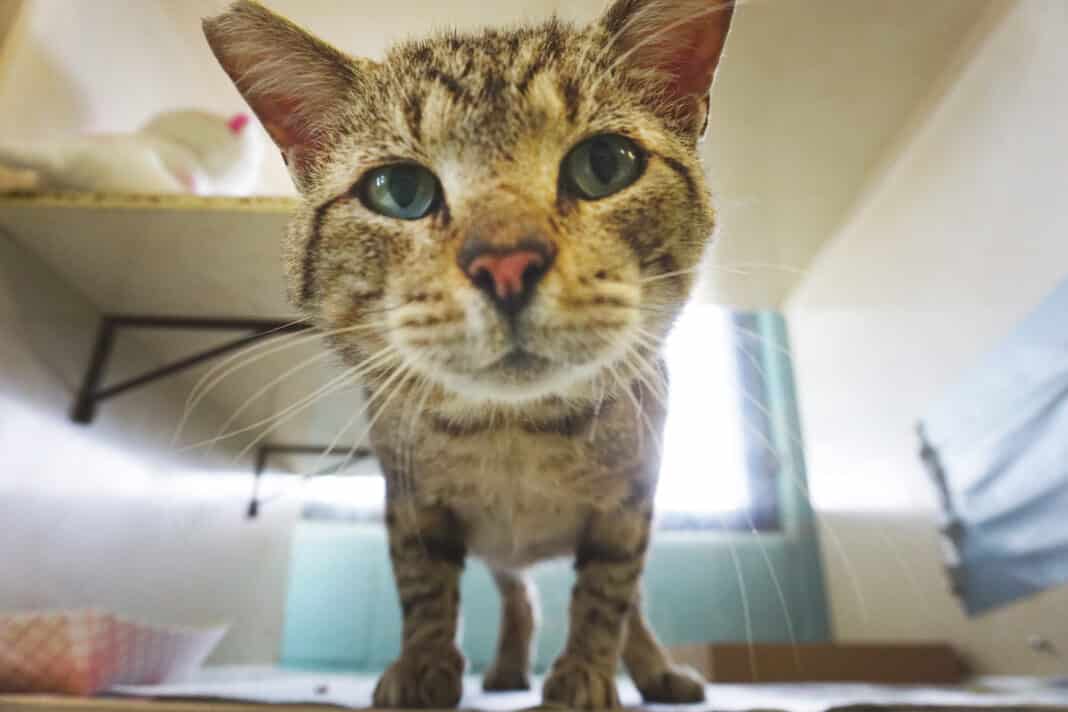A lot of things have changed at the Humane Society of Harlingen in the past few years. Now, the members are celebrating one year of being a no-kill shelter and are finding ways to do community outreach so that more pets throughout the Rio Grande Valley can be safe.
The Humane Society is saving four times more animals than they ever have since founded and are now focusing on not only saving lives of both cats and dogs, but also educating the community about how to keep pets safe by vaccinating, microchipping and spaying and neutering.
“We are really proud of everything that we’ve accomplished there at the Humane Society in the last year, especially with everything that has been going on. It has been pretty crazy with COVID and then the hurricane, then the crazy winter storm. We’ve been pretty fortunate to have the community support,” Luis Quintanilla, executive director at the Humane Society of Harlingen, said.
“No kill is defined as only reserving euthanasia for those animals who are in absolute need of it. Animals that are in irremediable suffering and things like that, so we don’t euthanize for space like we, unfortunately, had to years prior.”
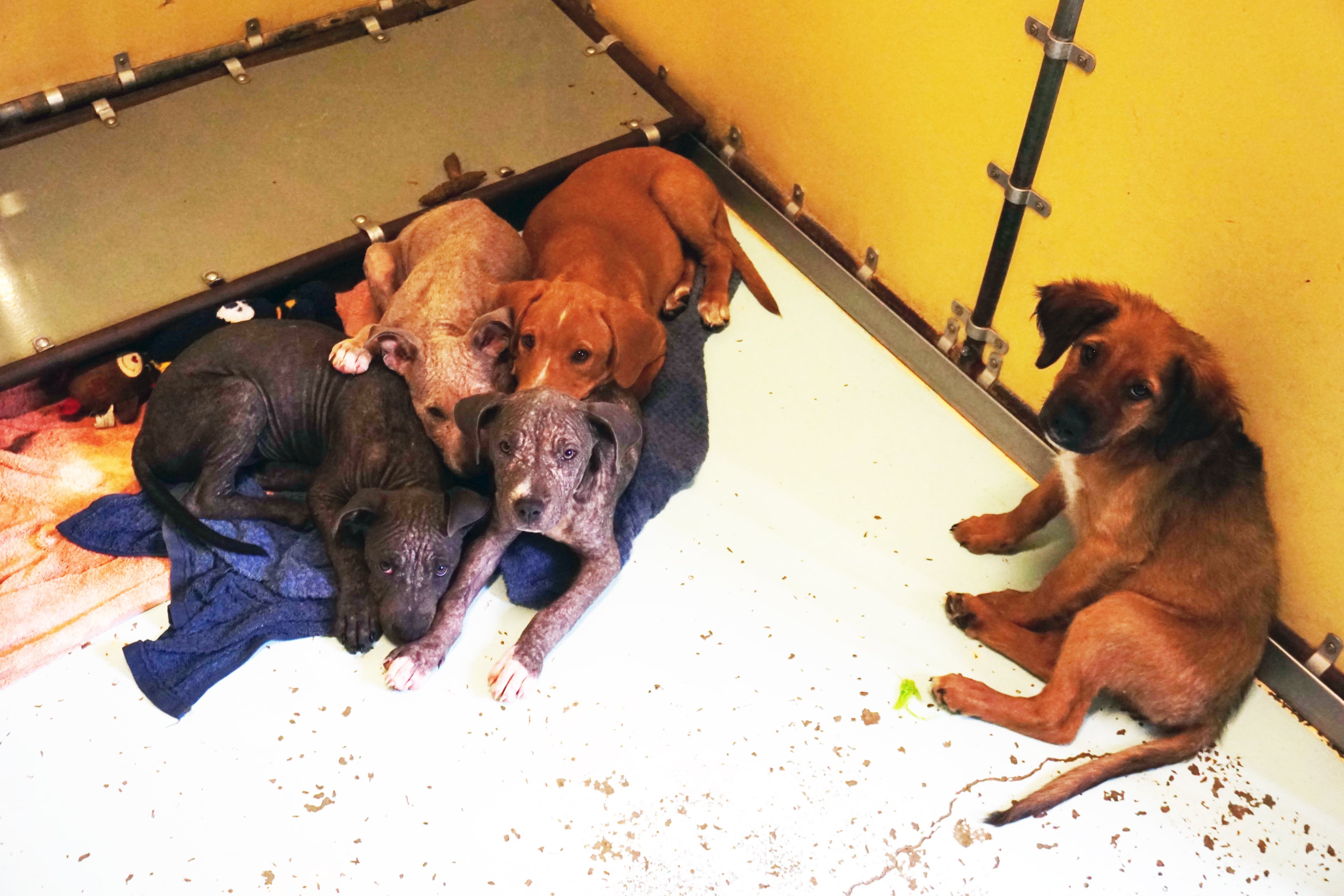
With a staff of only 10 people, the Humane Society houses about 5,000 dogs and cats every single year and they only have the space to house approximately 40 cats and 35 dogs. This makes the shelter be very proactive on social media about finding homes for the pets.
Quintanilla said their biggest operation consists in offering the low-cost vaccinations to hundreds of animals from the community. The shelter offers low-cost vaccinations every single month where they serve about 500 pets in the span of only two hours.
“That’s a service for the community. It’s low cost vaccines, low-cost microchips, medications and things like that so people can stay with their pets and have them nice and healthy,” he said.
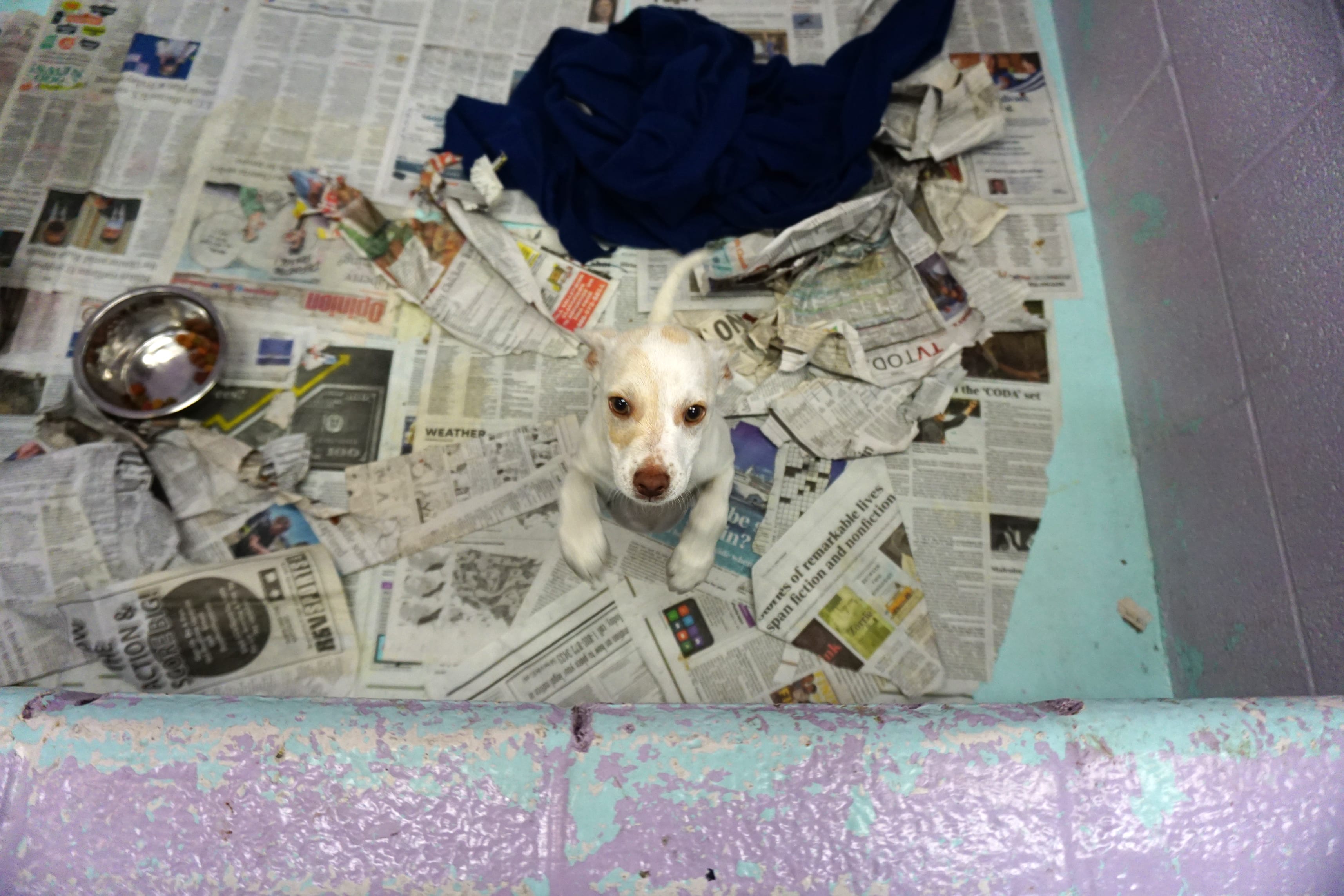
“And that’s basically what we are trying to focus on. Instead of just reacting to animals once they arrive in our shelter, we are trying to be proactive so that if any of those animals, God forbid, end up in our shelter because they’re lost, they’re going to be microchiped, they’re going to be vaccinated and they’re going to be healthy.”
There is no one solution to resolve the stray animals situation in the Rio Grande Valley but rather many. Quintanilla said the solutions are to adopt instead of shopping for animals and spaying and neutering.
“I am not too familiar with Brownsville’s Shelter. But, I do know that we are one of only two open and take no-kill shelters, the other one is in Edinburg. … I think that what we’ve really done in Harlingen has really transformed from that old sort of dog pound way of doing business, to a community resource center,” Quintanilla said.
“First and foremost, we encourage people to not shop for animals like they would for any product. Animals are individuals and we don’t want to see them as products, they’re pets, they’re not products. I think that’s the heart of the situation: adopt don’t shop. There are thousands and thousands of animals, just in the Valley, that are homeless and need a home. They need a family. So, for people to support the breeder industry and to leave these animals behind is heartbreaking.”
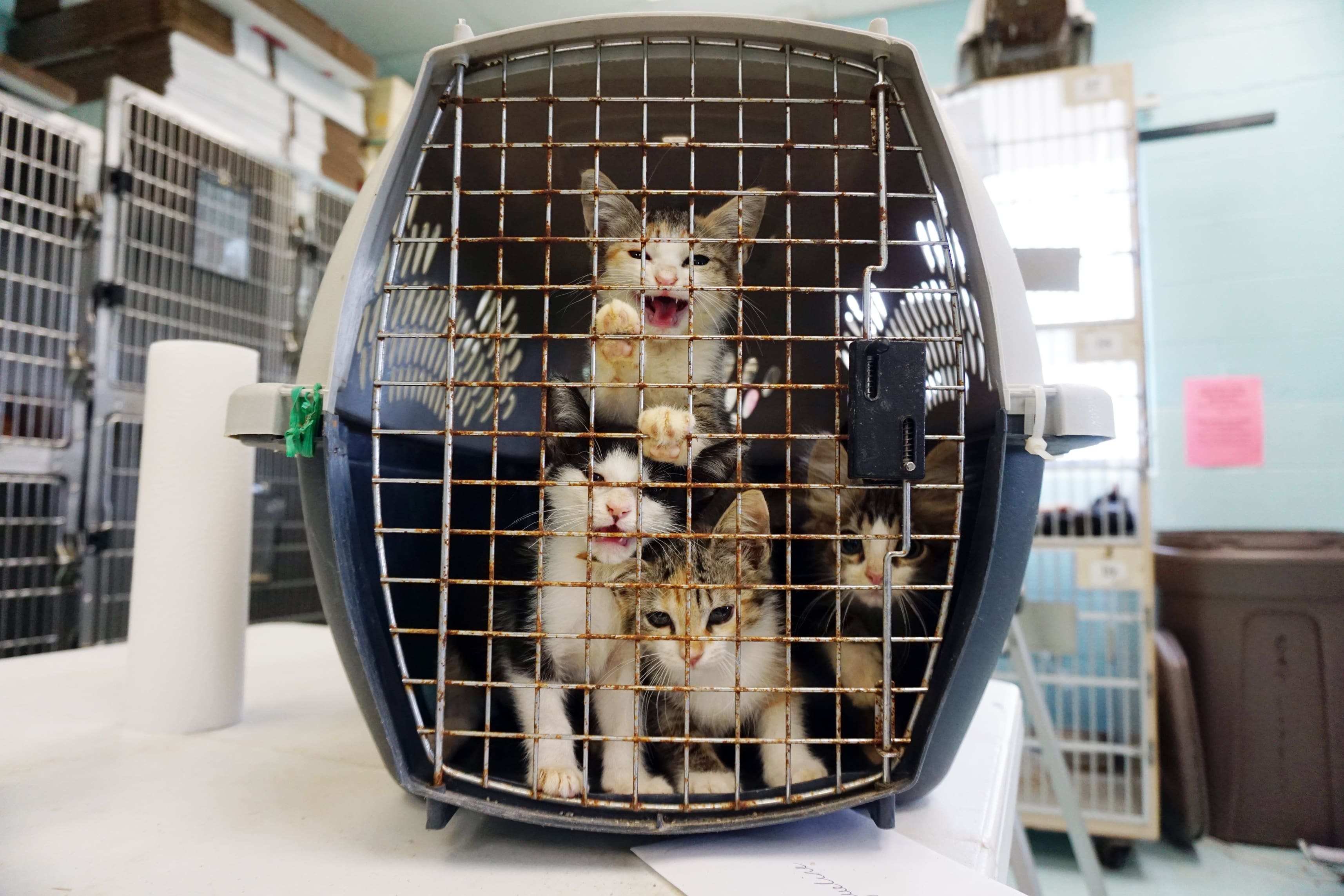
Colleen Willis, president of the board, echoed the sentiment and said she would never buy a dog because there are thousands in the area who are in need of a home. She said she’s always been an animal lover and currently has three dogs that are all either rescued or rehomed.
“Just thinking about it makes you smile because they are part of your family. And we have that responsibility to be a family for them because they are like children,” she said. “They need shelter, they need to be cared for and they need to be loved. And they return that.”
Willis said those interested in having a pet should visit the local shelter and adopt one of the animals in need. She said Texas and the RGV have the highest kill-rate in the country and hopes to educate the community so that they spay and neuter their pets.
The Humane Society has gone from saving the lives of 25 percent of the pets they receive to more than 90 percent.
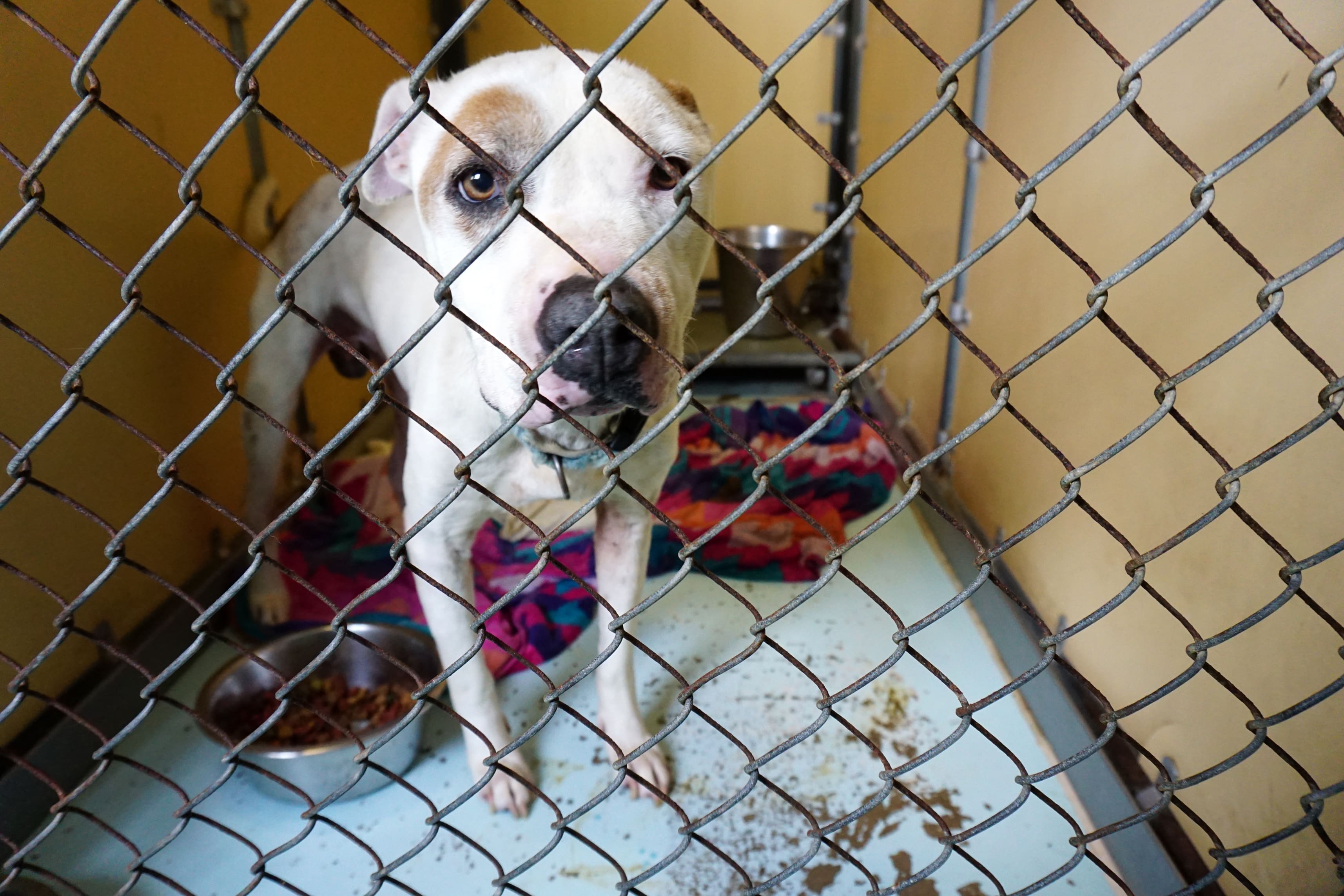
“When I came to the board, I found out that Texas and our region was the highest kill rate in the country. We had to opportunity to bring on some like-minded board members and really found out that there are resources out there to help us,” she said.
“Now we are celebrating a year of being a no-kill shelter, which is amazing. So, you can imagine going from 25 percent to over 90 percent how wonderful that is, not only for the animals but for the community. Now, we get to educate and do bigger things in the community. Such as Brownsville, because we got a handle of what the problems were and we were able to turn it around in a really short amount of time.”
Quintanilla said there are many ways on which the community can get involved to help at the Humane Society such as by volunteering, taking the dogs on walks, donating, fostering and adoptering.
“Come to your local shelter, come to the Humane Society of Harlingen and look at those animals in need,” he said. “It would be hard to walk away from that experience still wanting to go buy an animal.”

